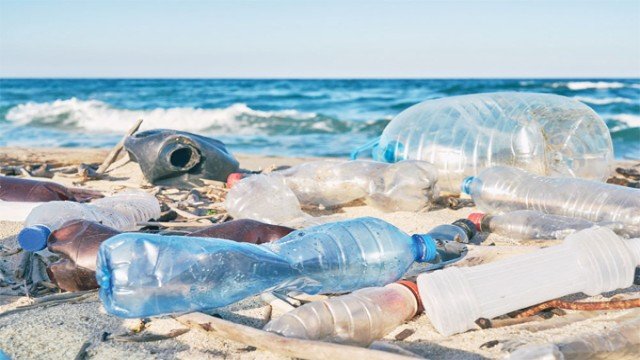
On the occasion of Environmental Day 2025, Change Initiative warns that Bangladesh is facing a rising tide of plastic pollution from cross-border rivers — a crisis that threatens its coasts, ecosystems, fisheries, and public health.
According to Change Initiative’s new paper “Cross-Border Plastic Pollution and Its Impact on the Bay of Bengal”, an alarming 15,345 tonnes of single-use plastic flows into Bangladesh daily through 18 transboundary rivers — one of the highest such rates globally.
These plastics accumulate in the Sundarbans mangrove and the Bay of Bengal, where they smother marine life, disrupt fisheries, and endanger livelihoods.
Plastic is turning the Sundarbans — the world’s largest mangrove forest — into a "cesspit of waste," threatening critical fish nurseries, coastal livelihoods, and public health. An estimated $11.4 billion in ecosystem services are lost annually to Bangladesh and neighboring countries due to marine plastic pollution.
Globally, Asian rivers contribute 86% of river plastic emissions into oceans — with the Ganges ranked as the second largest plastic-emitting river worldwide, discharging up to 115,000 tonnes annually.
"Our coast is becoming a plastic hotspot," said Change Initiative’s Chief Executive and Managing Director M Zakir Hossain Khan.



